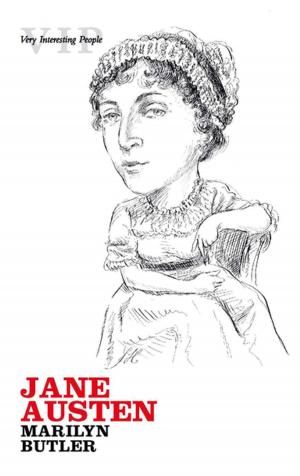The Founding of the Dutch Republic
War, Finance, and Politics in Holland, 1572-1588
Nonfiction, History, Western Europe, European General| Author: | James Tracy | ISBN: | 9780191607288 |
| Publisher: | OUP Oxford | Publication: | January 24, 2008 |
| Imprint: | OUP Oxford | Language: | English |
| Author: | James Tracy |
| ISBN: | 9780191607288 |
| Publisher: | OUP Oxford |
| Publication: | January 24, 2008 |
| Imprint: | OUP Oxford |
| Language: | English |
In 1572, towns in the province of Holland, led by William of Orange, rebelled against the government of the Habsburg Netherlands. The story of the Dutch Revolt is usually told in terms of fractious provinces that frustrated Orange's efforts to formulate a coherent programme. In this book James D. Tracy argues that there was a coherent strategy for the war, but that it was set by the towns of Holland. Although the States of Holland were in theory subject to the States General, Holland provided over 60 per cent of the taxes and an even larger share of war loans. Accordingly, funds were directed to securing Holland's borders, and subsequently to extending this protected frontier to neighbouring provinces. Shielded from the war by its cordon sanitaire, Holland experienced an extraordinary economic boom, allowing taxes and loans to keep flowing. The goal - in sight if not achieved by 1588 - was a United Provinces of the north, free and separate from provinces in the southern Netherlands that remained under Spanish rule. With Europe increasingly under the sway of strong hereditary princes, the new Dutch Republic was a beacon of promise for those who still believed that citizens ought to rule themselves.
In 1572, towns in the province of Holland, led by William of Orange, rebelled against the government of the Habsburg Netherlands. The story of the Dutch Revolt is usually told in terms of fractious provinces that frustrated Orange's efforts to formulate a coherent programme. In this book James D. Tracy argues that there was a coherent strategy for the war, but that it was set by the towns of Holland. Although the States of Holland were in theory subject to the States General, Holland provided over 60 per cent of the taxes and an even larger share of war loans. Accordingly, funds were directed to securing Holland's borders, and subsequently to extending this protected frontier to neighbouring provinces. Shielded from the war by its cordon sanitaire, Holland experienced an extraordinary economic boom, allowing taxes and loans to keep flowing. The goal - in sight if not achieved by 1588 - was a United Provinces of the north, free and separate from provinces in the southern Netherlands that remained under Spanish rule. With Europe increasingly under the sway of strong hereditary princes, the new Dutch Republic was a beacon of promise for those who still believed that citizens ought to rule themselves.















